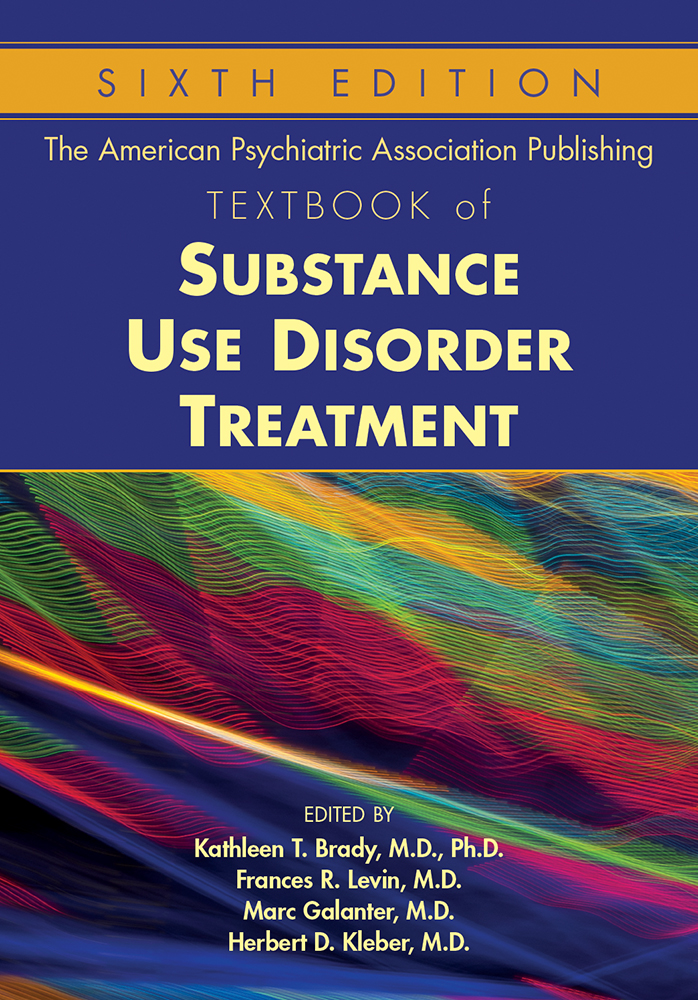Sections
Excerpt
It has been more than 50 years since the first randomized trial found that a brief counseling intervention for patients with alcohol use disorder might lead to better outcomes. Screening and brief intervention (SBI) is now a well-established clinical practice supported by evidence from controlled clinical trials. However, in the same way that substance use disorders and their treatments represent a wide variety of conditions and effective management strategies, SBI also encompasses a wide variety of screening and intervention strategies with varying efficacy and degrees of supporting evidence. In this chapter I cover SBI for alcohol and other drugs, but not the specifics of SBI for tobacco. SBI simultaneously represents 1) a preventive intervention aimed at recurring behavioral risks and 2) an initial step in the management of moderate to severe substance use disorders. The best evidence supports the former aim—decreasing risk for people who use substances associated with future health harms but who have mild or no symptoms of a substance use disorder. Little evidence supports the latter aim. In addition, scant evidence supports the efficacy of SBI for substances other than alcohol. A systematic review of clinical trials (Glass et al. 2015) found no evidence to support the efficacy of referral to treatment as part of SBI; thus, the moniker “SBIRT” (SBI plus referral to treatment), mainly used by government programs, is a misnomer and is not used in this chapter.
Access content
To read the fulltext, please use one of the options below to sign in or purchase access.- Personal login
- Institutional Login
- Sign in via OpenAthens
- Register for access
-
Please login/register if you wish to pair your device and check access availability.
Not a subscriber?
PsychiatryOnline subscription options offer access to the DSM-5 library, books, journals, CME, and patient resources. This all-in-one virtual library provides psychiatrists and mental health professionals with key resources for diagnosis, treatment, research, and professional development.
Need more help? PsychiatryOnline Customer Service may be reached by emailing [email protected] or by calling 800-368-5777 (in the U.S.) or 703-907-7322 (outside the U.S.).



